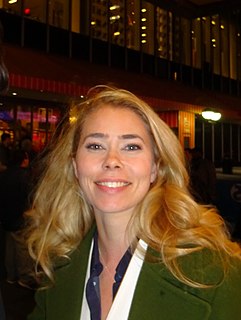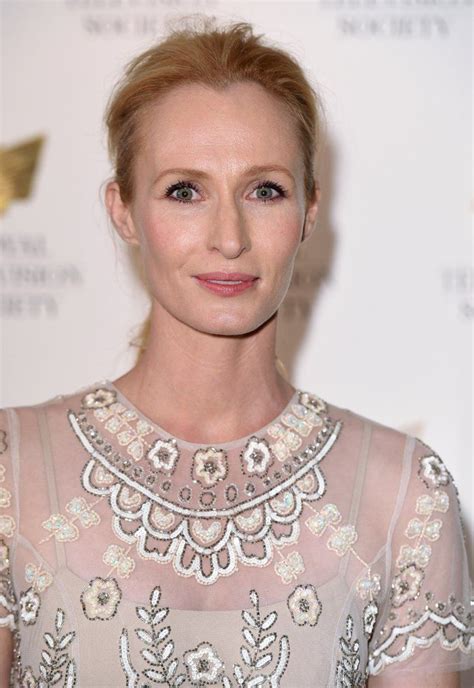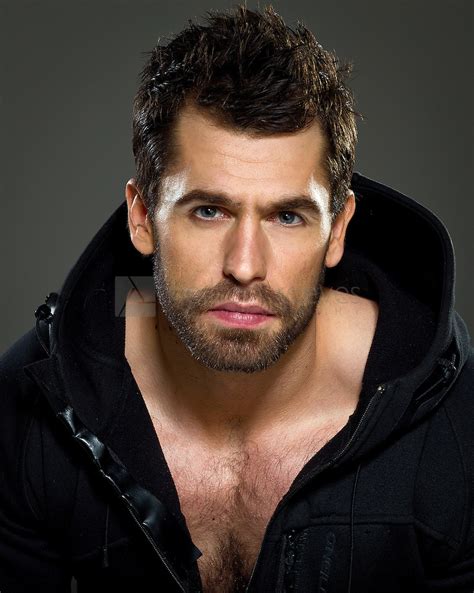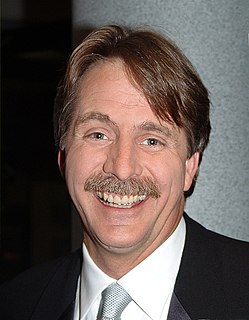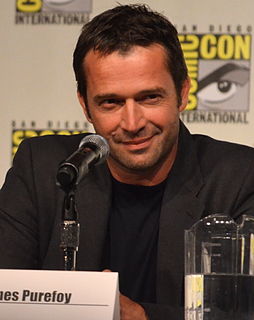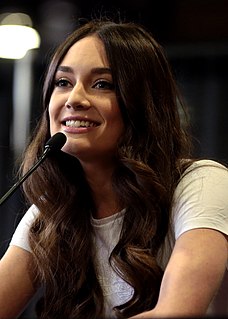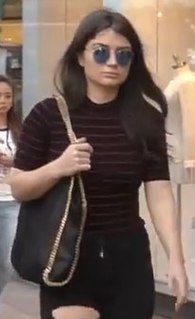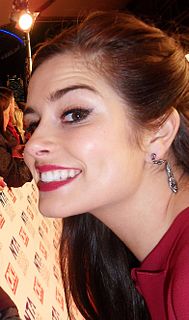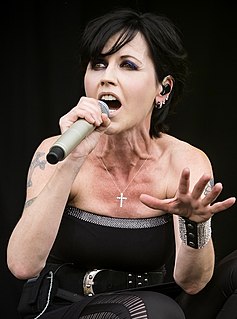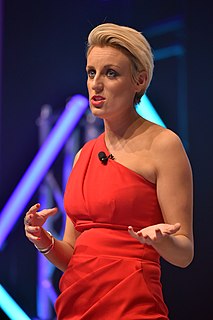A Quote by Birgitte Hjort Sorensen
If I can iron out my accent, it opens up another world of possible jobs. Whereas if you have that very strong European accent, it leaves you always being cast as the Hungarian maid or the stripper or whatever. I have voice lessons, and my coach has given me different tongue-twisters to rehearse at home.
Related Quotes
I think moving from Ireland to Australia, you couldn't get a more different accent on the palate. The Irish accent is very muscular and involves a lot of tongue and cheek-muscle work, whereas the Australian accent is really flat; the palate is quite broad. They're at almost opposite ends of the scale, so I feel it was good training.
